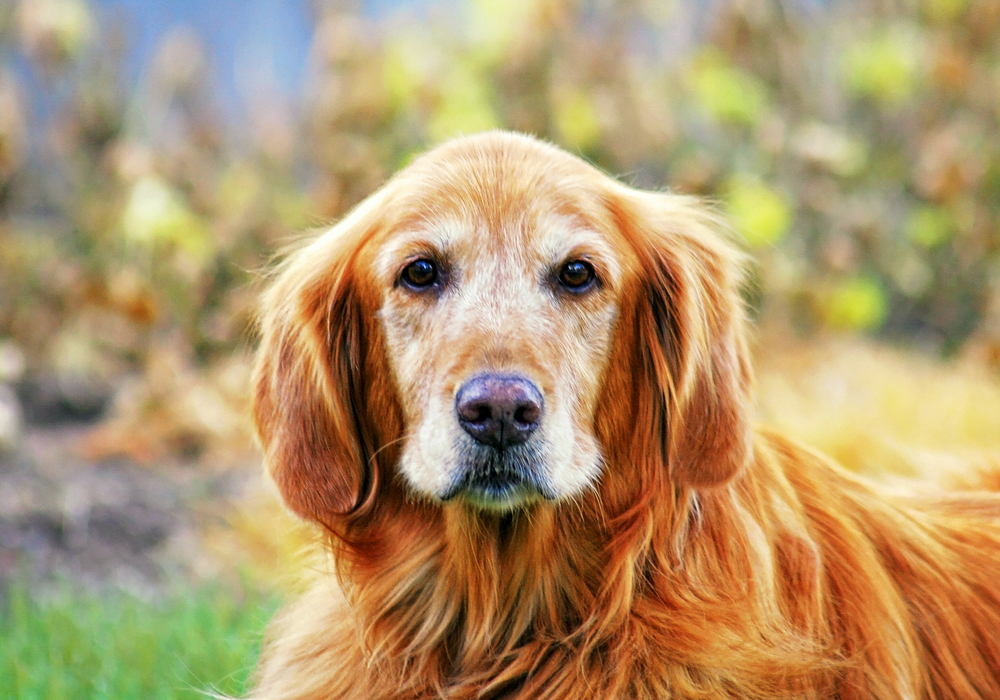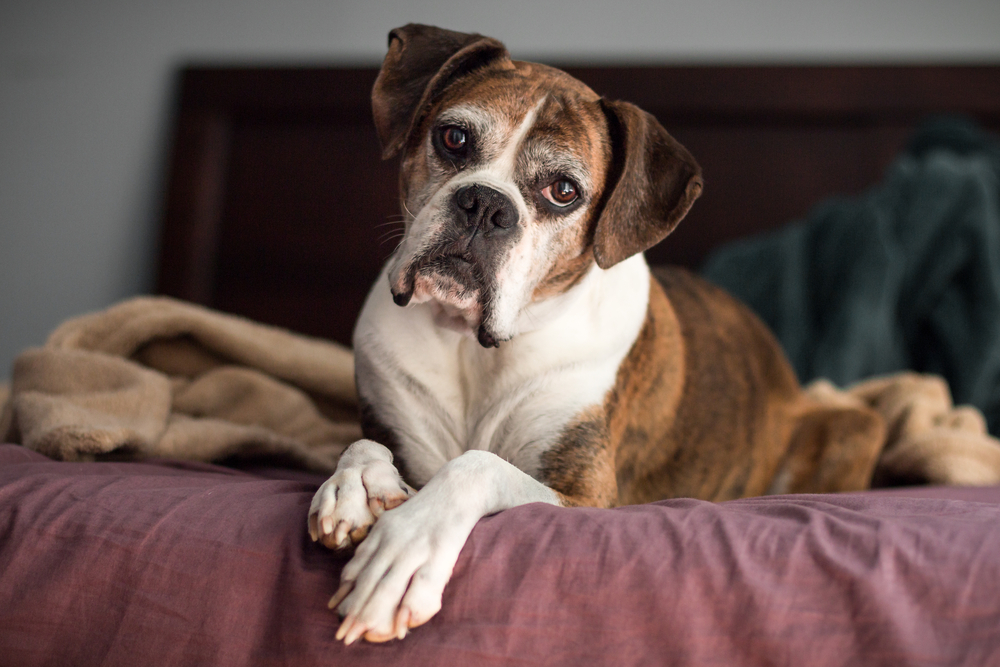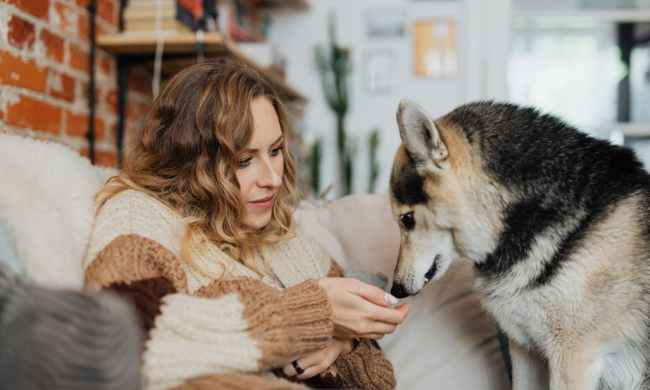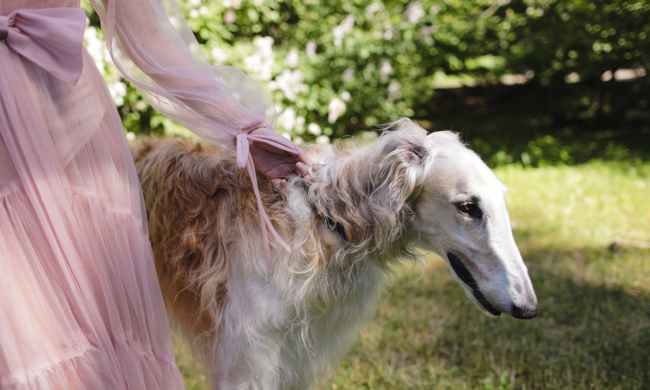Depending upon what you like to do, cold weather is either a blessing or a curse. Knowing a big snowfall is on its way can inspire you to break out the sleds and ice skates or send you running for the electric blanket and hot chocolate.
Our senior dogs feel much the same way. The furry family member who used to love chasing the kids down the hill on the sled might not be as quick to tag along, no doubt because as age sets in, so do ailments such as arthritis, joint issues, and circulation problems.
Cold weather just seems to worsen these conditions, creating a sometimes uncomfortable environment for our best friends. Here’s what to do if you have a senior pup who struggles with the cold.

Add an extra layer of warmth
Who doesn’t like to snuggle beneath a warm blanket when it’s cold outside? Or step out of bed and into a warm sweater to start a chilly winter day? Our pets are as grateful for the extra layer of insulation as we are.
Buy a thermal blanket or two to toss on his bed and keep his body temperature regulated at night. Invest in a thick sweater to keep his achy joints warm, especially when you head outside for a walk. Buy booties that will keep his paws toasty during playtime in the snow as well as protect them from the ice, slush, and rock salt, which all can cause irritation and bleeding.
Provide a little more support
Two of the most common ailments in senior dogs are the development of arthritis and joint issues. If your dog is experiencing either condition, cold weather can aggravate it.
Support his achy body by breaking his regular walking routine into two shorter ones. While a lack of exercise can cause joint stiffness, overexercising can worsen his pain. And avoid walking in extreme conditions. Biting wind and severe cold can cause hypothermia and frostbite, especially in older dogs.
Additionally, consider investing in a good orthopedic bed for him to sleep on. The extra support an orthopedic mattress provides helps distribute his weight evenly, which aids circulation, and keeps his body off the floor for an added measure of warmth.

Exercise with care
When severe temperatures prevent you from taking a walk outside, up your indoor game at playtime. Physical activity is important to keep joints moving smoothly and blood circulating efficiently throughout your dog’s body, so don’t skip this important part of his health just because it’s too cold to venture outdoors.
Instead, play games that encourage your dog to get moving as his age and health dictate but also challenge him mentally. Look online for some good puzzle games he might enjoy trying to solve for a treat. Encourage him to move from room to room in your home by teaching him how to play hide-and-seek. Gentle games of fetch and catch are also good indoor games, especially when using soft plushies to toss and retrieve.
Groom strategically
If you’re used to keeping your dog’s coat short year-round, talk to your groomer about the benefits of a longer cut during the winter months. Depending on the breed of your dog, keeping his coat longer may help him retain body heat.
If he’s accustomed to having regular baths, make sure he’s completely dry before allowing him to go outside to prevent hypothermia. Brush him regularly and inspect his skin for any lumps or sores that his winter coat might be hiding.
Be vigilant about his paw health, too.
- Keep the hair between his paw pads trimmed to make it difficult for ice balls to form.
- Rub a protective layer of petroleum jelly or other dog paw balm on his pads before you go outside to prevent cracking.
- Wash and dry his paws after each walk, especially if roadways and sidewalks have been treated with rock salt.
- Inspect his paws frequently for signs of cracking and bleeding. Consult your veterinarian immediately if this condition persists to avoid the risk of infection.
- Check his nails weekly to see if they need to be trimmed, especially if you aren’t walking outside as much as you used to.
Despite the frigid weather, winter is a fun season. Whether your family enjoys spending time together outside building snow forts and making snow angels, or cuddling inside eating popcorn and watching movies, making sure everyone is safe, warm, and comfortable is a top priority. That includes the four-legged members of the family. Our senior dogs might need a little extra care during the winter months, but because of the companionship and great memories they provide, they deserve it.


